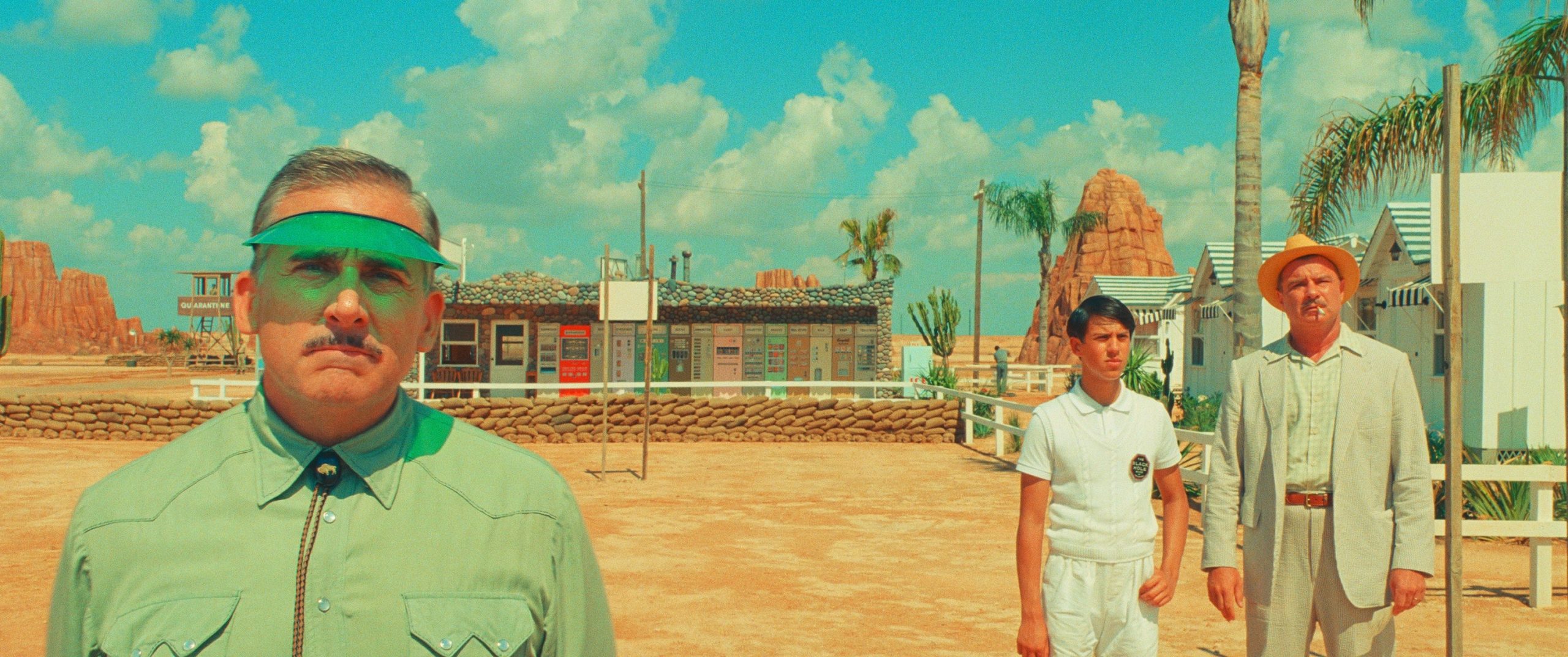‘Asteroid City’ Takes Wes Anderson to a New Frontier

Four decades into his career, Wes Anderson is still exploring new territory. In Asteroid City, his upcoming feature releasing June 16, he ventures into the desert and gazes toward the stars. The film is a breezy, meditative dream about art, grief, God, and outer space that feels both like a return to form and an audacious leap forward at the same time. , Asteroid City— Anderson’s eleventh feature—recalls the poignant emotional register of his early films while continuing to innovate upon the intricate technical style that has defined his work over the past decade. By the end, he reaches a new dimension entirely.
Following the meta-anthology of The French Dispatch and timeline-shuffling The Grand Budapest Hotel, Asteroid City is another Russian nesting doll of narrative devices. It’s a movie about a TV broadcast about a theater company producing a play: “Asteroid City,” named for and set in a tiny Southwest desert town in 1955, conceived in melted popsicle hues that leap from a sparse, flat landscape fit for Wile E. Coyote. The broadcast sections are presented in black-and-white, in a boxy aspect ratio, with Bryan Cranston as an old-fashioned anchor guiding us behind the scenes of the eponymous theater production. Anderson’s cast, robust as always, sees returns from past troupe members Edward Norton, Adrien Brody, Jeffrey Wright, Willem Dafoe, and Tilda Swinton, as well as many newcomers to the Anderson Cinematic Universe, including Tom Hanks, Scarlett Johansson, Margot Robbie, and Steve Carell.
The story structure creates layers that Anderson obviously enjoys playing with– for instance, Johansson plays an actress playing an actress playing a part –but he is equally if not more interested in peeling them back. The film is deeply preoccupied with the concept of artifice; what is the relationship between truth and performance? How does each codify the other? Don’t worry, Asteroid City is not another movie about the “magic of cinema” – Anderson’s interests are far more complex, and cosmic in scale. A connection between the creation of art, the acceptance of death, the belief in other worlds, and the search for God. If you’ve ever had a friend take shrooms in the desert and return with new insights into human existence–or perhaps you’re that friend –some of this may feel familiar.
Wes Anderson, Jason Schwartzman and Tom Hanks on the set of Asteroid City.Courtesy of Roger Do Minh for Focus Features via Everett Collection
Copyright : https://www.gq.com/story/wes-anderson-asteroid-city-cannes-film-festival-first-impression-review

